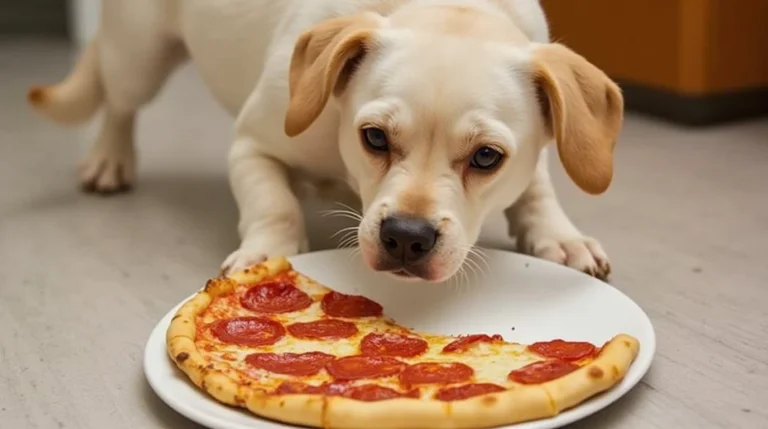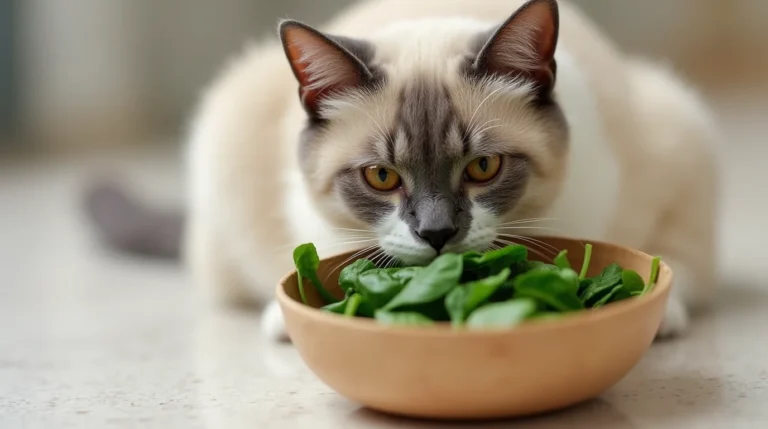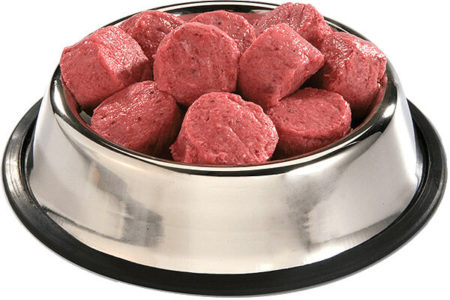Table of Contents
Peas are a common ingredient in many dog foods and treats, but are peas good for dogs? Many pet owners wonder whether feeding peas to their furry friends is safe and beneficial. While peas provide certain health benefits, they may not be suitable for all dogs.
In this article, we will look at the benefits and risks of feeding peas to dogs. We will also discuss how to serve them safely and if peas should be in your dog’s diet.
What Are Peas?
Peas are small, round legumes that come in several varieties, including:
- Green peas (garden peas) – The most common type found in grocery stores.
- Snow peas – Flat peas with edible pods.
- Snap peas – A cross between snow peas and garden peas.
- Split peas – Dried peas often used in soups.
Dogs can eat most types of peas, but how they are prepared matters. Certain forms, such as canned peas, may not be safe due to added salt and preservatives.
Are Peas Good for Dogs? The Benefits
Peas offer several nutritional benefits that can support your dog’s health.
1. Rich in Essential Nutrients
Peas contain important vitamins and minerals, including:
✔ Vitamin A – Supports eye health and immune function.
✔ Vitamin B – Aids in energy production and metabolism.
✔ Vitamin K – Helps with blood clotting.
✔ Iron & Magnesium – Supports red blood cell production and muscle function.
2. Good Source of Fiber
Peas are high in dietary fiber, which aids digestion and prevents constipation. Fiber also helps dogs feel full, which can assist in weight management.
3. Low in Calories
For overweight dogs, peas make a low-calorie treat compared to processed dog snacks.
4. Antioxidant Properties
Peas contain antioxidants, which help reduce inflammation and support a strong immune system.
5. Plant-Based Protein
While dogs primarily need animal protein, peas provide a small amount of plant-based protein, which can contribute to muscle maintenance.
Potential Risks of Feeding Peas to Dogs
While peas offer health benefits, they also have some potential risks, especially when overfed.
1. Digestive Issues
Peas contain starch and fiber, which can cause bloating, gas, or diarrhea in some dogs. If your dog is sensitive to new foods, introduce peas slowly to avoid stomach upset.
2. Risk for Dogs with Kidney Problems
Peas contain purines, which break down into uric acid. For dogs with kidney disease or prone to kidney stones, high-purine foods should be avoided to prevent complications.
3. Link to Canine Heart Disease
Recent studies suggest that grain-free dog foods containing peas as a main ingredient may be linked to dilated cardiomyopathy (DCM), a serious heart condition. While research is ongoing, it’s best to avoid dog foods that rely heavily on peas as fillers.
4. Canned Peas Contain High Sodium
Never feed dogs canned peas, as they contain high levels of sodium and preservatives, which can be harmful to your pet. Always opt for fresh or frozen peas instead.
How to Safely Feed Peas to Dogs
If you decide to include peas in your dog’s diet, follow these guidelines to ensure safety.
1. Choose the Right Type of Peas
✅ Safe for Dogs:
- Fresh green peas
- Frozen peas (plain, no additives)
- Cooked or steamed peas
❌ Avoid:
- Canned peas (too much sodium)
- Peas with butter, salt, or seasoning
2. Feed in Moderation
Peas should be an occasional treat, not a primary food source. Too many peas can cause digestive issues.
Recommended Serving Size:
- Small dogs: 1 teaspoon of peas
- Medium dogs: 1 tablespoon of peas
- Large dogs: A small handful
3. Avoid Processed Pea-Based Foods
Some dog foods use pea protein or pea fiber as a cheap filler. Check ingredient labels to ensure peas are not replacing high-quality animal protein.
4. Monitor for Allergies or Sensitivities
If you’re introducing peas for the first time, observe your dog for any signs of discomfort, such as vomiting, diarrhea, or itching. If these symptoms occur, stop feeding peas immediately.
Can Puppies Eat Peas?
Yes, puppies can eat peas, but only in small amounts. Puppies have sensitive digestive systems, so start with a tiny portion and monitor for any reactions.
Avoid feeding peas to very young puppies (under 8 weeks), as their digestive system is still developing.
Alternative Vegetables for Dogs
If you’re unsure about feeding peas to your dog, consider these other dog-friendly vegetables:
🥕 Carrots – Great for chewing and full of vitamin A.
🥒 Cucumbers – Low in calories and hydrating.
🥬 Spinach – High in iron (but only in small amounts).
🎃 Pumpkin – A natural remedy for digestive issues.
🥦 Broccoli – Contains antioxidants but should be fed in moderation.
Each dog is different, so always introduce new foods gradually.
Final Thoughts: Are Peas Good for Dogs?
The answer is yes, but with caution. Peas are a healthy, low-calorie snack when fed in moderation. They provide vitamins, fiber, and antioxidants that support overall health. However, some dogs may experience digestive issues, and peas may not be suitable for dogs with kidney disease or heart concerns.
If you decide to feed peas to your dog, opt for fresh or frozen peas, avoid seasonings, and always serve in small portions. As with any dietary change, consult your veterinarian before adding new foods to your dog’s diet.
By making informed choices, you can ensure your furry friend enjoys a balanced and nutritious diet.







